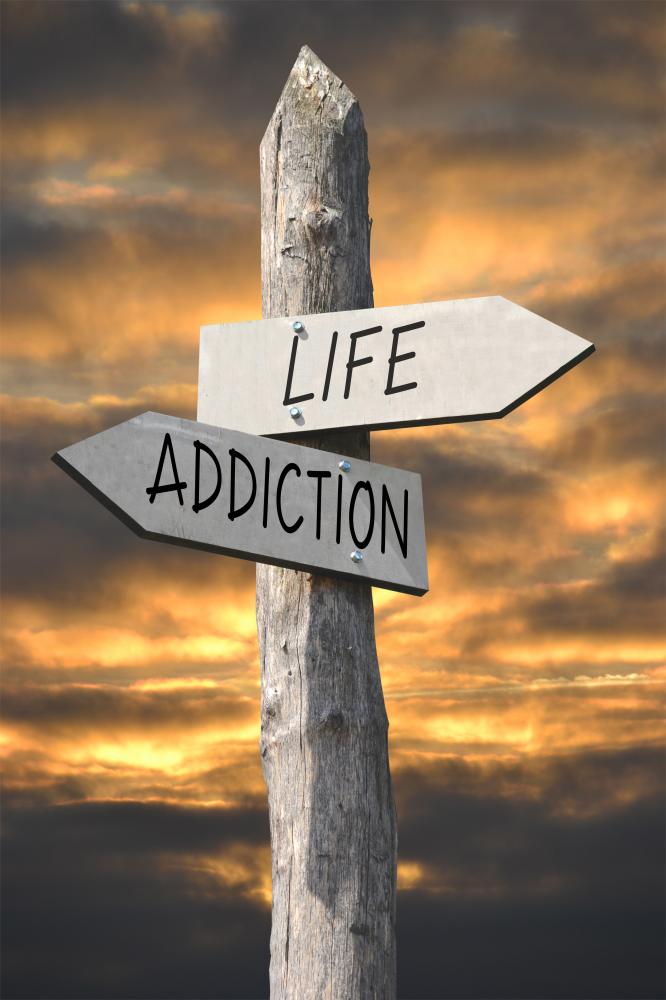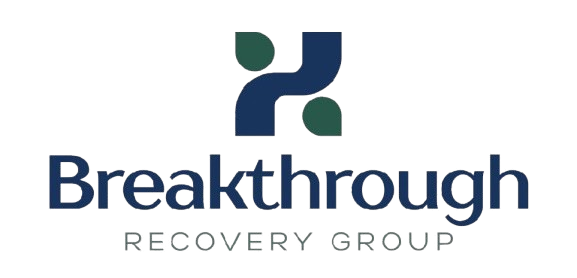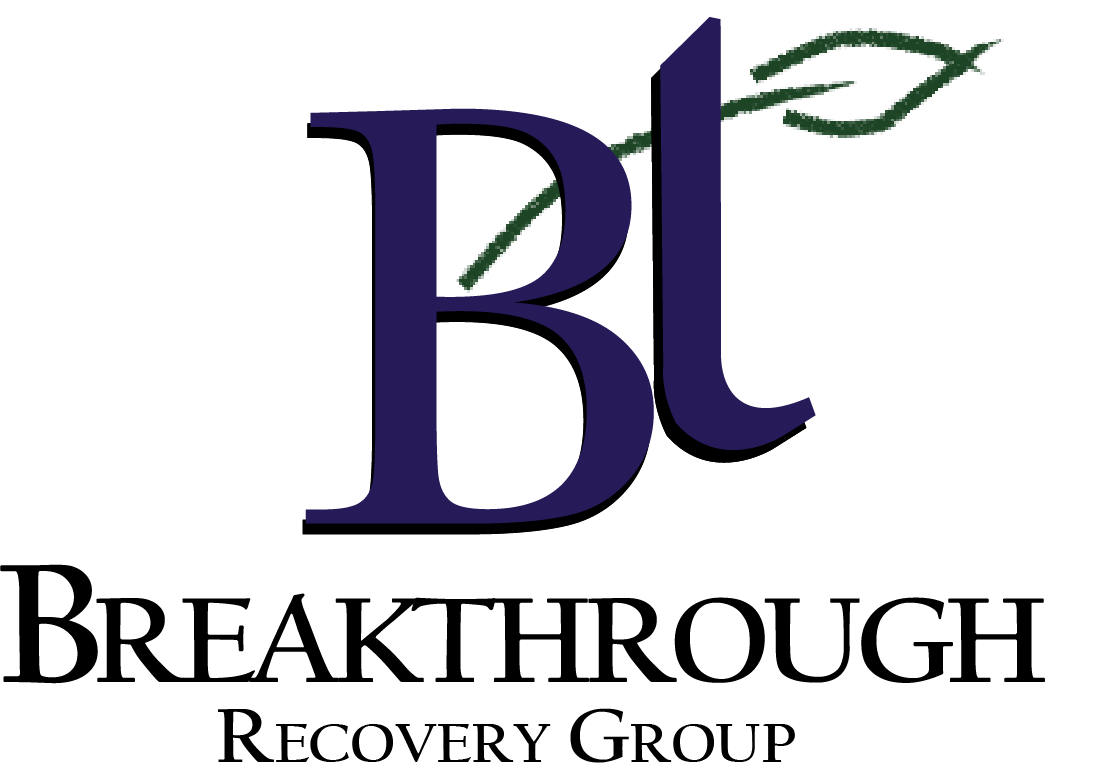
The Importance of pre-Rehab Assessment
In the context of combating substance misuse, drug and alcohol assessment in Spokane plays a pivotal role in tailoring treatment to an individual’s needs. This evaluation serves as the starting point for developing effective intervention strategies. It is through these assessments that professionals can determine the severity of a person’s addiction, any co-occurring mental health issues, and the best course of action for recovery.
The assessment process is crucial because it ensures that treatment options are not one-size-fits-all but rather, are customized to address the unique challenges faced by each person. Whether mandated by court or sought voluntarily, these evaluations provide a clear picture of one’s substance use patterns and help in setting realistic recovery goals.
At BTRG Spokane, we understand that an accurate assessment is the foundation upon which successful recovery is built. Our team employs evidence-based practices to ensure thorough evaluations that guide effective treatment planning.
Components of a Comprehensive Assessment
A thorough drug and alcohol assessment Spokane typically encompasses several key elements. These components work together to deliver a detailed understanding of the individual’s situation and needs.
Initial Screening: This preliminary step is used to gauge whether further assessment is necessary. It involves basic questions regarding substance use and related behaviors.
In-depth Interviews: Conducted by trained professionals, these interviews dive deeper into personal history, patterns of use, and any underlying psychological issues.
Physical Examination: A health professional might conduct a physical exam to rule out or confirm health complications related to substance abuse.
Psychological Testing: These tests assess mental health conditions that might surface alongside addiction, such as depression or anxiety.
Urinalysis and Other Tests: Biological samples can help detect substances currently in the system, offering a clearer picture of use.
Unique Challenges in Spokane
Spokane’s community faces specific challenges when it comes to addressing substance abuse issues. Geographic isolation, economic factors, and limited access to comprehensive care can contribute to the difficulties of overcoming addiction.
While urban areas may boast numerous facilities, rural parts of Spokane often experience service shortages, making it hard for residents to access timely assessments and interventions. Financial constraints further exacerbate these issues, as many cannot afford private care or lack adequate insurance coverage.
The stigma attached to substance misuse still lingers, deterring individuals from seeking help or participating in assessments. BTRG Spokane strives to offer non-judgmental, inclusive services that overcome these barriers and meet individuals where they are in their recovery journey.
From Assessment to Action
At BTRG Spokane, we believe that the insights gained from drug and alcohol assessment Spokane are only as valuable as the actions taken thereafter. Our collaborative approach involves working with clients to develop personalized treatment plans that reflect their specific goals and circumstances.
Our skilled therapists engage clients in forming actionable steps that promote long-term recovery and resilience. These plans might include individual counseling, group therapy, educational sessions, and community support initiatives designed to reinforce sobriety.
Real-Life Impact Stories
One of the most powerful aspects of working at BTRG Spokane is witnessing the transformation that occurs when individuals commit to their recovery. Consider Emily, who was initially reluctant to undergo an assessment, fearing judgment and failure. Through compassionate guidance, she discovered co-occurring mental health issues, leading her to embrace a holistic treatment plan that addressed both her addiction and anxiety.
On the other hand, Mike, a young father referred by the court system, found the mandatory assessment to be his turning point. It unveiled deeply buried trauma from his childhood, which once processed in therapy, paved the way for meaningful change and restored his role as a parent.
These stories emphasize the importance of individualized assessment in uncovering the root causes of addiction and fostering sustainable recovery strategies. They also highlight the critical role that empathy and understanding play in BTRG Spokane’s approach to care.
Incorporating Technology
Technology is revolutionizing how we conduct drug and alcohol assessment Spokane, making the process more accessible and efficient. Virtual assessments enable clients to engage with professionals from the comfort of their homes, breaking down geographical and transportation barriers.
Data analytics further enhance our capability to track progress, allowing for timely adjustments to treatment plans and ensuring that interventions remain relevant and effective. These technological advancements underscore our commitment to embracing innovative solutions in the quest for recovery.
Building a Supportive Community
Community plays a vital role in the recovery process, offering a network of support, accountability, and shared experiences. At BTRG Spokane, we foster community connections through group therapy sessions, peer support groups, and family counseling opportunities.
By involving families in the assessment and treatment process, we help rebuild trust and communication, ensuring that clients receive the encouragement and motivation they need from loved ones. Creating a supportive environment extends beyond our facility, promoting community-wide resilience and solidarity.
We encourage neighborhood initiatives that raise awareness and reduce stigma associated with substance use, helping to create a more understanding and compassionate Spokane for everyone.
Future Directions in Assessment and Treatment
The landscape of drug and alcohol assessment Spokane is continuously evolving as research uncovers new insights into addiction and recovery. Future directions include a greater focus on integrated care models that combine physical and mental health services, providing comprehensive support to clients.
Additionally, advancements in genetic testing might soon allow us to predict a client’s risk for substance use disorders, tailoring prevention and intervention strategies more effectively. Personalized medicine and neurobehavioral therapies could become central components of treatment plans, improving outcomes and reducing relapse rates.
As a forward-thinking organization, BTRG Spokane is committed to staying at the forefront of these developments, ensuring that our clients have access to the latest, most effective assessment and treatment options available.

What do they ask you in a drug and alcohol assessment?
In our assessments at BTRG Spokane, we aim to create a comfortable environment where clients feel heard and understood. The questions typically cover several areas, such as your history with substance use, frequency and quantity of drug or alcohol consumption, and any patterns or triggers you’ve noticed. We also explore your medical history and discuss any mental health concerns that could be related to or exacerbated by substance use. For instance, we might ask about stress levels or personal relationships that might impact your substance use. The goal is to gain a comprehensive understanding of your situation to tailor the support effectively. Have you considered how various life events might have influenced your substance use journey?
How long does it take for a drug and alcohol evaluation?
An evaluation at our facility typically ranges from one to two hours, depending on the complexity of your situation. We recognize that everyone’s journey is unique, so we don’t rush through this important process. We prioritize a thorough understanding over speed, ensuring we have all the necessary information to support you effectively. We ensure that we respect your time by being as efficient as possible while remaining comprehensive. Does this timeframe feel manageable to you, or do you have any scheduling concerns we can address?
What is the assessment process for substance abuse?
Our process at BTRG Spokane begins with an initial screening to determine the need for further assessment. This leads into in-depth interviews where we explore your personal history and patterns of substance use. We might conduct a physical examination and psychological testing to understand any underlying health issues. Additionally, urinalysis and other tests might be used to detect substances in your system. Each step is designed to build a complete picture of your needs, allowing us to develop a personalized treatment plan. Have you ever considered what factors might have influenced your relationship with substances?
What is the alcohol assessment?
An alcohol assessment at BTRG Spokane is similar to our comprehensive substance evaluations, specifically focusing on alcohol use. We explore the frequency and amount of alcohol consumption, when and why you drink, and any negative repercussions alcohol might have had on your life. This assessment helps identify any potential alcohol use disorder and is critical in forming a strategy for recovery. For example, understanding the social situations that encourage drinking can help us find healthier alternatives. Do you find certain environments or social situations increase your drinking, and how might we address those together?
Why are drug and alcohol assessments critical in Spokane?
Drug and alcohol assessments are crucial in Spokane due to the unique challenges the community faces, such as geographic isolation and economic constraints. These assessments provide a gateway to effective treatment plans by tailoring them to the individual’s circumstances. At BTRG Spokane, we see them as an opportunity to reach those in need and to dismantle the stigma that often prevents people from seeking help. By understanding the specific barriers within Spokane, we can offer more inclusive and accessible care. What unique challenges do you think the Spokane community faces, and how might we overcome them together?
Resources
- Substance Abuse and Mental Health Services Administration (SAMHSA) – SAMHSA is a government agency that leads public health efforts to advance the behavioral health of the nation.
- National Institute on Drug Abuse (NIDA) – NIDA is a research institute that works to advance science on the causes and consequences of drug use and addiction.
- National Institute of Mental Health (NIMH) – NIMH is the lead federal agency for research on mental disorders.
- Centers for Disease Control and Prevention (CDC) – The CDC is a national public health institute in the United States that works to protect public health and safety.




